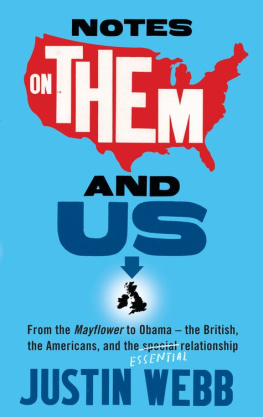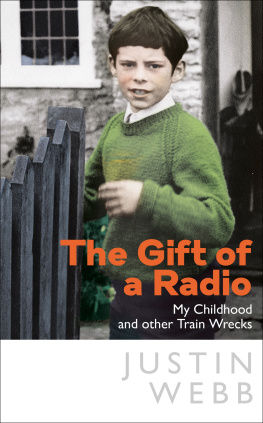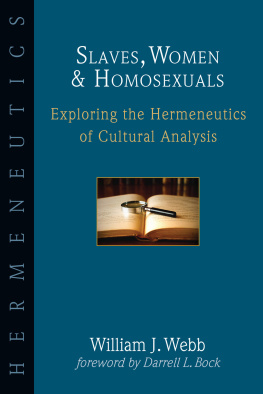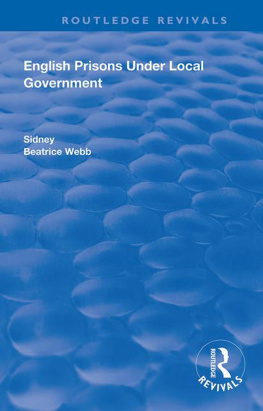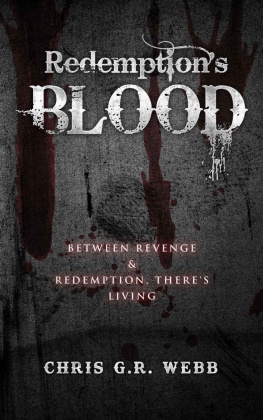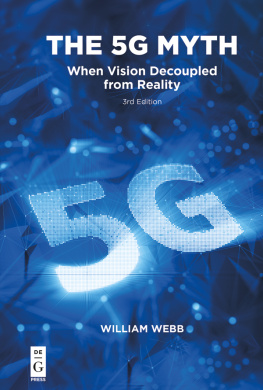Relax, said the Night Man. We are programmed to receive. You can check out any time you like, but you can never leave The Eagles, Hotel California
A MERICA WAS NOT designed to be left. The opposite, in fact it was designed to be arrived in. It was programmed to receive and as was the case in The Eagles song there is some wonderment at the front desk when you try to go.
When our time came to leave after eight years of living in the US, we approached the checkout with typical Englishness. For effect, we exaggerated our sadness at the end of our time in America. The result? Confusion.
Our British home is in south London so well probably all be murdered before Christmas, we said to friends.
Oh, my gosh. Um, why not stay? they replied, anxiously.
Because you have no sense of humour, would be one answer. But that (while being partly true) is not fair. Like so many other misunderstimations of them by us and us by them, it hangs there, unchallenged, in the ether. In eight years of life in America, I came to value to love, actually the stolid, sunny, unchallenging , simple virtuousness of the American suburban psyche. But back in England, as well as being reintroduced to the darkness, to the cant-do spirit, to what I saw from afar as the drunken directionlessness of British national life, I have seen a side to Britain that I had (to my shame) rather forgotten existed. Its a richness born of knowing, rather than hoping. Contentedness rather than striving. And, yes, humour.
The woman who was to sell our house in Washington was a prime specimen of Americana. She was hellishly perky. Nothing got her down, not even the fact that we were selling in the midst of the biggest depression since the Great Flood. In this area it was different.
You have a lovely home!
But she thought we had too many books. She did not say so but she talked of creating spaces on the shelves for snow-globes, perhaps, or silver photo frames filled with perfect children showing off perfect teeth.
This is a cultural thing. When selling a home in America, you have to pretend that you do not live there. In fact, you have to pretend that no one lives there. Or ever has. Previously owned homes are of course the norm for us Europeans. We understand that other generations have made their mark, lived their lives and passed on to the great home in the sky. This means as we English know, having grown up with rattling windows and mouldy grouting and those ghosts of the past that no home will be perfect. They do not make such allowances in America.
So the inspectors report into our Washington house, the survey, was the cause of much deliberation and soul-searching from our potential buyers. An outside light was not working properly. A tap was leaking. A chimney needed investigation. As I read it, my mind turned to our house in London which is actually falling down somebody omitted to prop up the middle when an arch was cut in a downstairs room 100 years ago but which is still eminently saleable. The English understand that we are all falling down. Dust to dust, we intuit. Americans do not. They have not got there yet.
In the months before we left the US, I paid the highest tribute to my sense of Americanness: I visited a full body scanning clinic whose CT x-ray scans were advertised on local radio. These scans are part and parcel of American middle-class life. They use high-powered technology that in Britain is the preserve of hospitals and truly ill people. In America you can simply go to your local mall, pay a hefty fee and, in theory, leave armed with a set of scans that tell you precisely how your body is ticking along. The company motto might well epitomise the attitude to life of the whole nation: Now you have the power to see your future and change it. The phrase is the copyright possession of Virtual Physical of Rockville, Maryland, so if you are a GP about to take control of your own budgets in Cleethorpes, do not on any account use it. Ah, but of course you wouldnt. Not in a million years. You wouldnt make that claim, and no Brit would believe you if you did.
Truth be told, while I lived there I decided I would rather be them than us. I admired the concern over the chimney and the belief that any problem (even those associated with my fast-declining body) could be fixed. Before I left, I sat one evening on the porch, in the growing heat of the Washington spring, listening to the cicadas chirruping and the sound of lawns being mowed, and yearned to be staying. It would be so easy, so uncomplicated, so safe. One phrase in particular from the folder I took home from Virtual Physical in Rockville caught my imagination: Examination of the brain reveals no definite abnormalities! Had it been otherwise, were it to be otherwise in the future, the implication is that these abnormalities would be zapped faster that you could say Take me home to my white picket fences. How comforting. And yet of course this comfort like the perfect home we tried to create is, to put it mildly, an illusion.
From Washington, let me take you south by 600 miles or so to the state of South Carolina and to the city of Charleston, where the American South begins. In the summer of 2007, I drove Route 17 south in the steamy heat, with the breeze all but non-existent, out of Charleston and down into the low country, the salt marshes. Charleston is one of Americas most elegant cities, but Route 17 is not on any tourist maps, at least not as an attraction in its own right. In a sense, though, it should be. It gives a wonderful insight into hardscrabble American life, the sleazy glamour of the road that repels and appeals to visitors and indeed Americans themselves in roughly equal measure: gas stations, tattoo parlours, Bojangles Pizza, $59-a-night motels, pawn shops, gun shops, car showrooms, nail bars, and Piggly Wiggly, the local supermarket chain which, in my limited experience, smells almost as odd as it sounds. Piggly Wiggly, by the way, was the worlds first supermarket. Mr Piggly and Mr Wiggly I am guessing at the etymology but I may well be right had the then revolutionary idea of abolishing the high counter that, in shops of yesteryear, came between the shopper and the goods. It was a move that has affected the world as much as the invention of the light bulb or the washing machine, but Piggly Wiggly just dont seem too darn fussed. Thats life in the South. Thats life on Route 17 stolid and ragged and smelling slightly of petrol and chicken fried in motor oil.
It is a panorama of the mundane: Doric columns a-plenty but all of them made of cheap concrete and attached to restaurants or two-bit accountants offices. On and on it goes, encroaching into the palm forests with no hint of apology.
The following morning I found myself standing next to a black four-wheel-drive vehicle and another quintessentially American phenomenon: a politician mired in Bible-laced hypocrisy.
At the time I met Mark Sanford, the then Governor of South Carolina whom I had made the journey to Charleston to meet and profile for the BBC, I didnt know about the hypocrisy. But I should have guessed when he offered to let me in on a secret. He was a closet tiller of fields, he said, and liked nothing better than to get out with his boys and work the land. He took me for a drive in his Governors limo and after a few minutes we slowed and took a turn down a lane that ended in a field. It was hot. Under a tree stood the Governors tractor. The limo was parked, the clothes changed, and (like Gladstone with his tree felling) the Governor began ploughing. Up and down, up and down, through the heat haze. It was a wholesome picture that we duly shot for our profile.

